By Nomsa Maseko
BBC News
A virtual gallery to showcase Mali's cultural history has been launched, featuring tens of thousands of Timbuktu's ancient manuscripts.
The manuscripts were smuggled to safety from Timbuktu after Islamist militant groups took control of the city in northern Mali in 2012.
They contain centuries of African knowledge and scholarship on topics ranging from maths to astrological charts.
"Central to the heritage of Mali, they represent the long legacy of written knowledge and academic excellence in Africa," said Dr Abdel Kader Haidara, a librarian known for smuggling the manuscripts out of Timbuktu, who was also involved in the project.
The collection, called Mali Magic, also captures Malian culture beyond the manuscripts. It was put together by Google, along with local and international partners.
It features a picture of the dance of the Dogon ethnic group. It also showcases art, such as that of award-winning Abdoulaye Konaté, and an image of builders plastering the Great Mosque of Djenné, a Unesco world heritage site about 500km (310 miles) south of Timbuktu.
The ancient documents were originally written in medieval Arabic but have now been translated to English, French, Spanish and modern Arabic to make them more accessible, which Google Program Manager and Digital Archaeologist Chance Coughenour told the BBC was a first.
"Making a digital record and copy of the manuscripts is very important and for the first time we're bringing the fruits of our labour after so many years," he said.
For centuries Timbuktu was a cultural hub on the African continent, as well as an Islamic centre of learning. The city's mosques played a critical role in the spread of Islam throughout West Africa in the 15th and 16th Centuries, according to Unesco.
Over the last seven years Mali's traditional leaders, historians and digital archaeologists have been hard at work to make sure that the ancient manuscripts, some dating back to the 11th Century, containing the country's rich history are preserved by digitising them.
The project presents an opportunity for people to learn from those who came before them, said Dr Haidara (below).
The digitising of these manuscripts began with a call to Google by Dr Haidara in 2014.
He invited the company to visit Mali to see the renowned manuscripts of Timbuktu and to learn the story of why they were at risk.
On arrival they found texts which included early Qurans and some with diverse topics including astronomy, maths and geography.
The team then had the task of not only going through hundreds of pages to make a digital record of these but to make them visually appealing online.
Up to 40,000 pages will now be available online, covering topics from biology to music.
It is a project the people of Mali have kept their eyes on for many years since Islamist militants set fire to libraries in Timbuktu as they tried to destroy the priceless papers.
Over a period of six months, manuscripts were smuggled out of Timbuktu to Mali's capital Bamako, as time was running out to rescue and preserve the documents from near destruction.
In 2016 an alleged member of an Islamist group, Ahmad Al Faqi Al Mahdi, was found guilty of intentionally ordering attacks on religious and historic building in Timbuktu by the International Criminal Court (ICC). He was sentenced to nine years in jail and apologised.
It was the first time that the court in The Hague had tried a case of cultural destruction.
This project to preserve Mali's manuscripts is not however the first attempt. The University of Cape Town launched the Tombouctou Manuscripts Project in 2003, with an emphasis on "manuscript traditions throughout the African continent", according to the website.
Similarly, the US Library of Congress has made some of the manuscripts available online.
You may also be interested in:
All pictures subject to copyright
Around the BBC
Related Topics
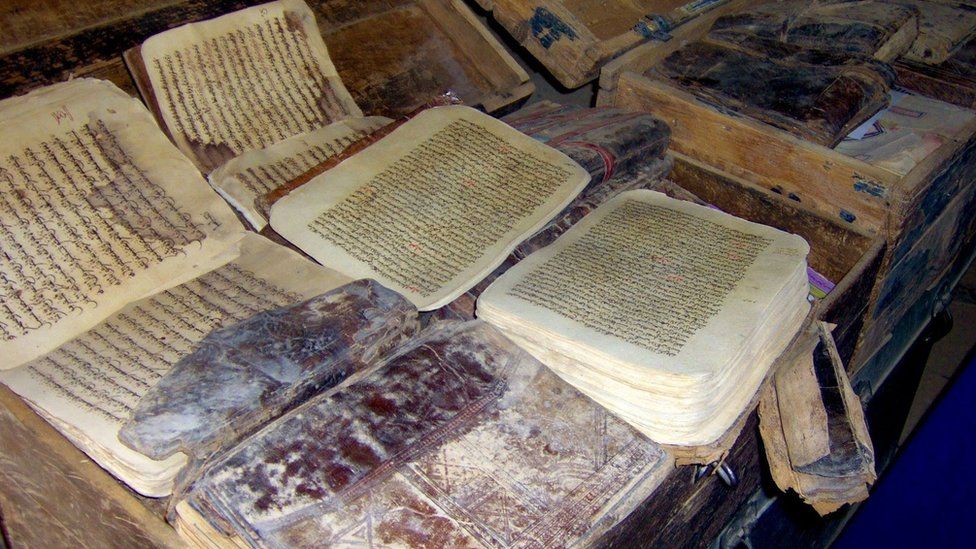

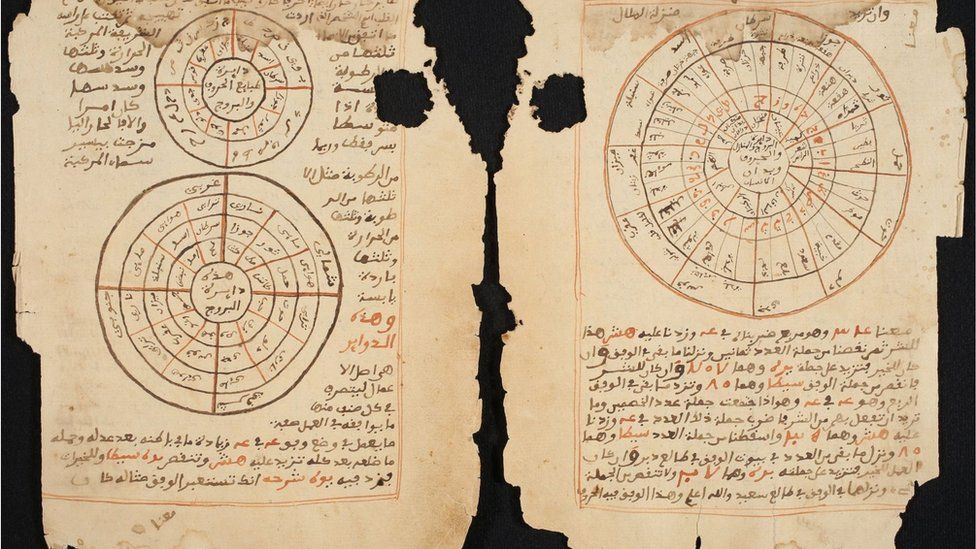
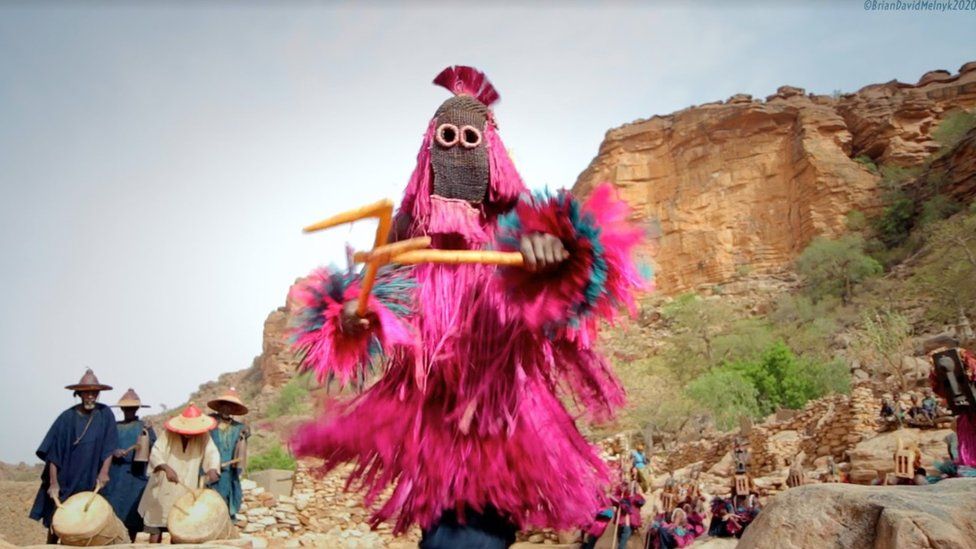
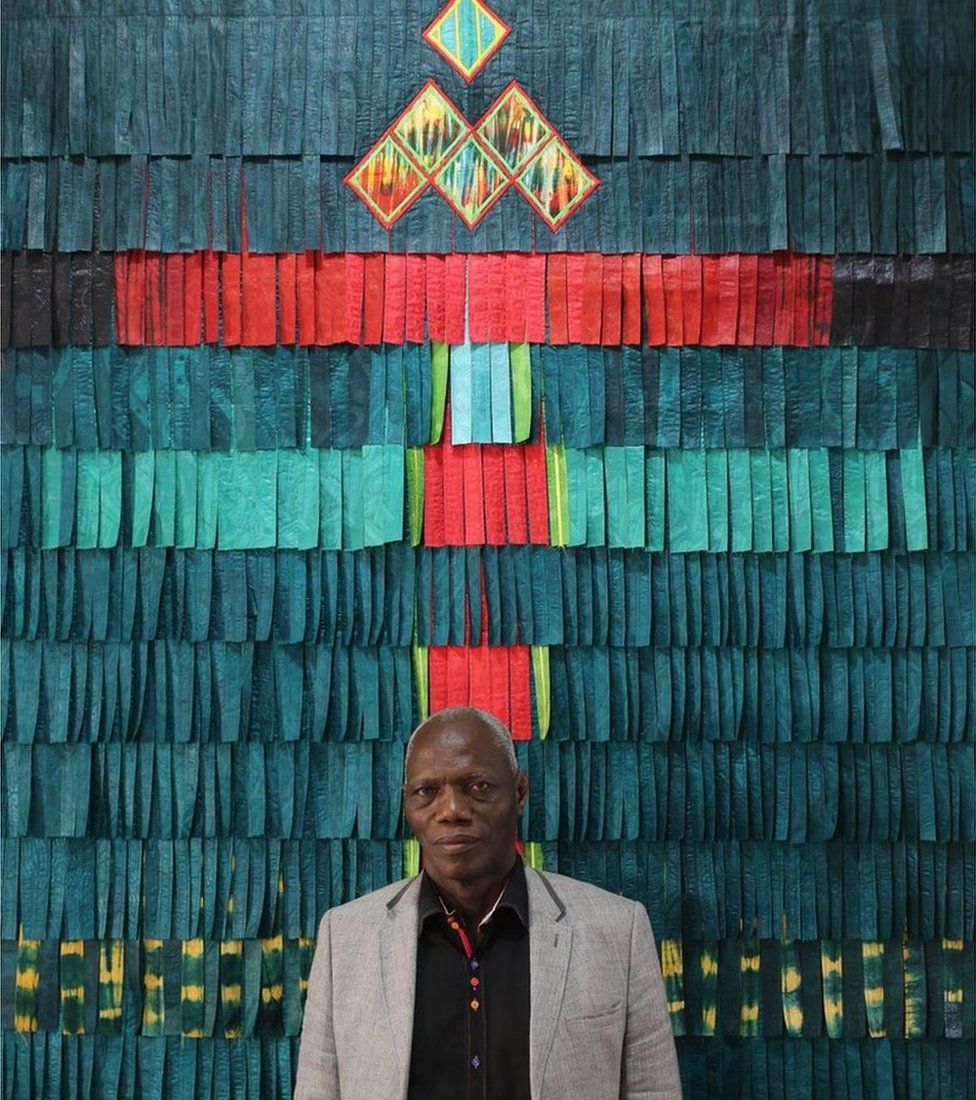
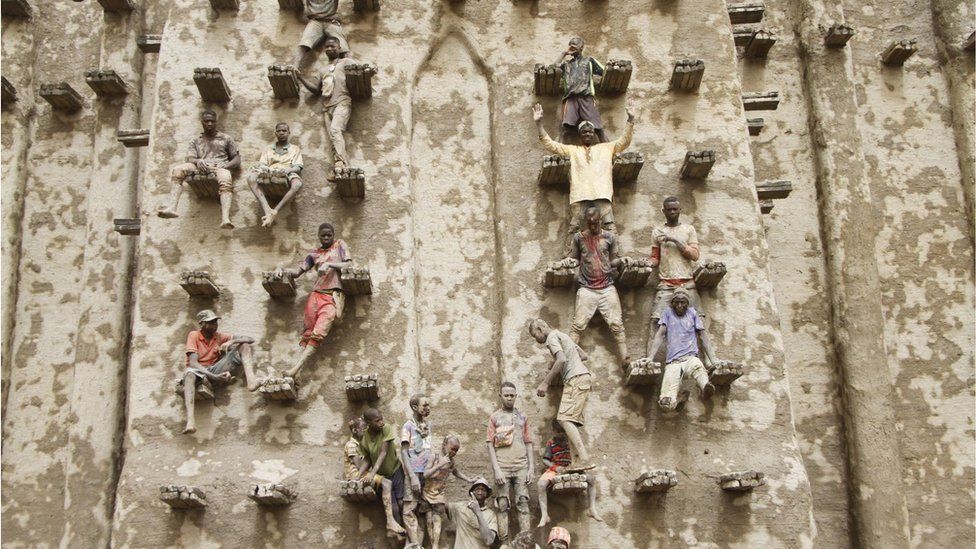
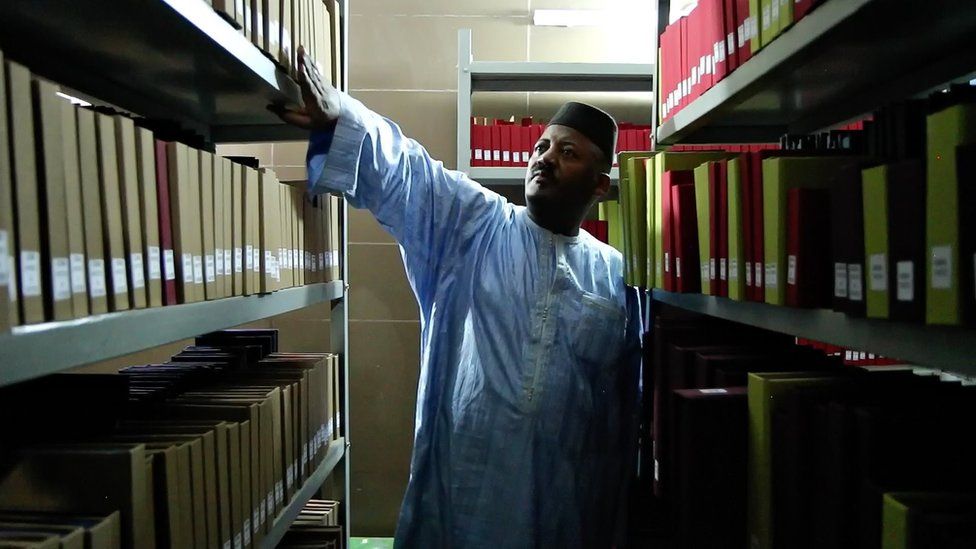
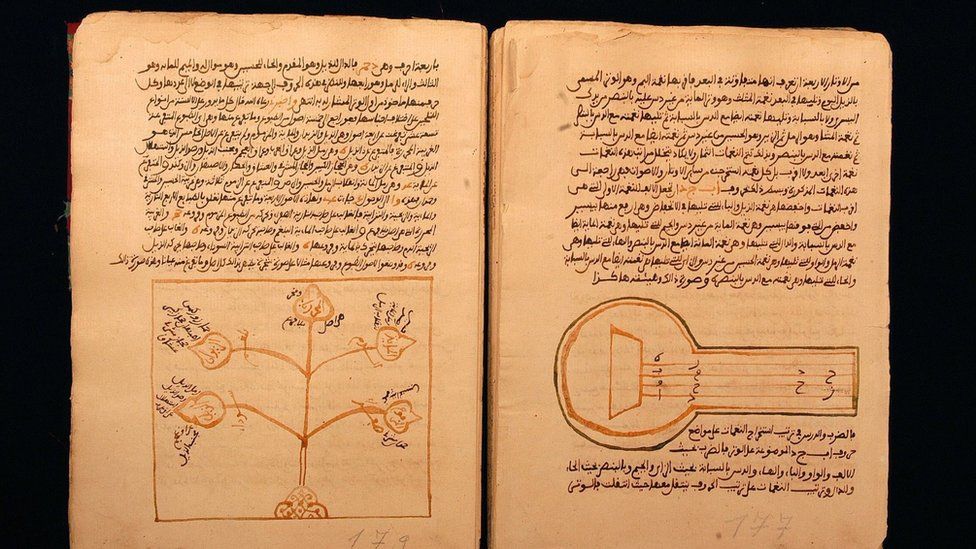
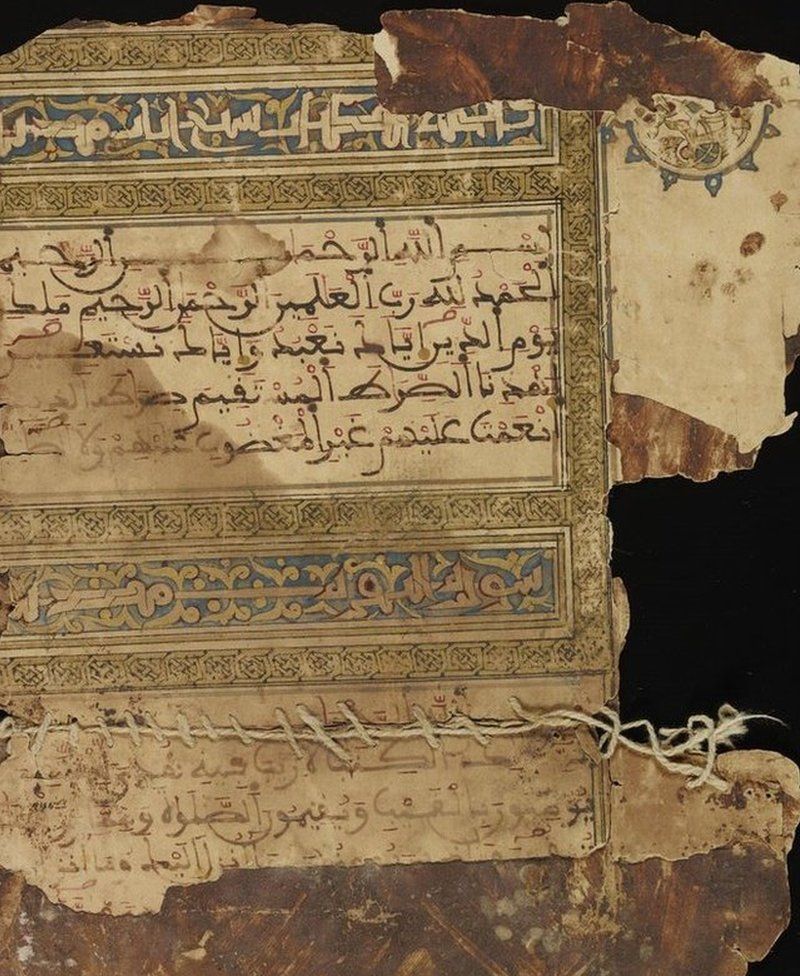
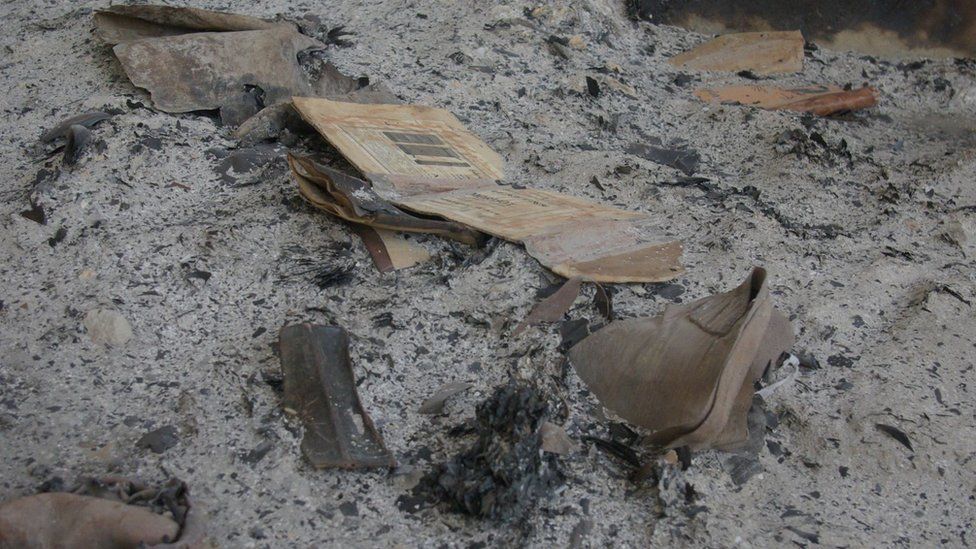
No comments:
Post a Comment